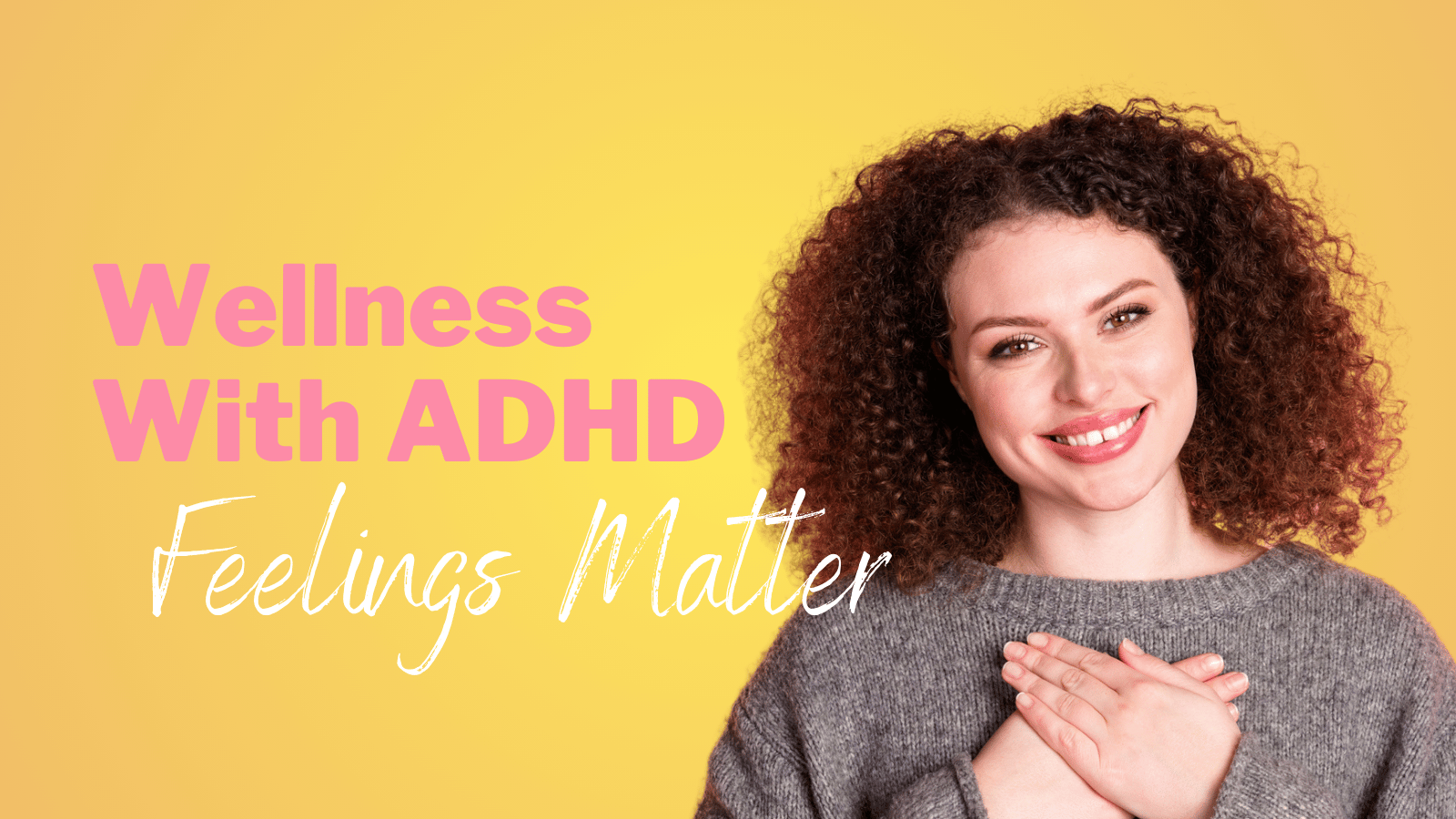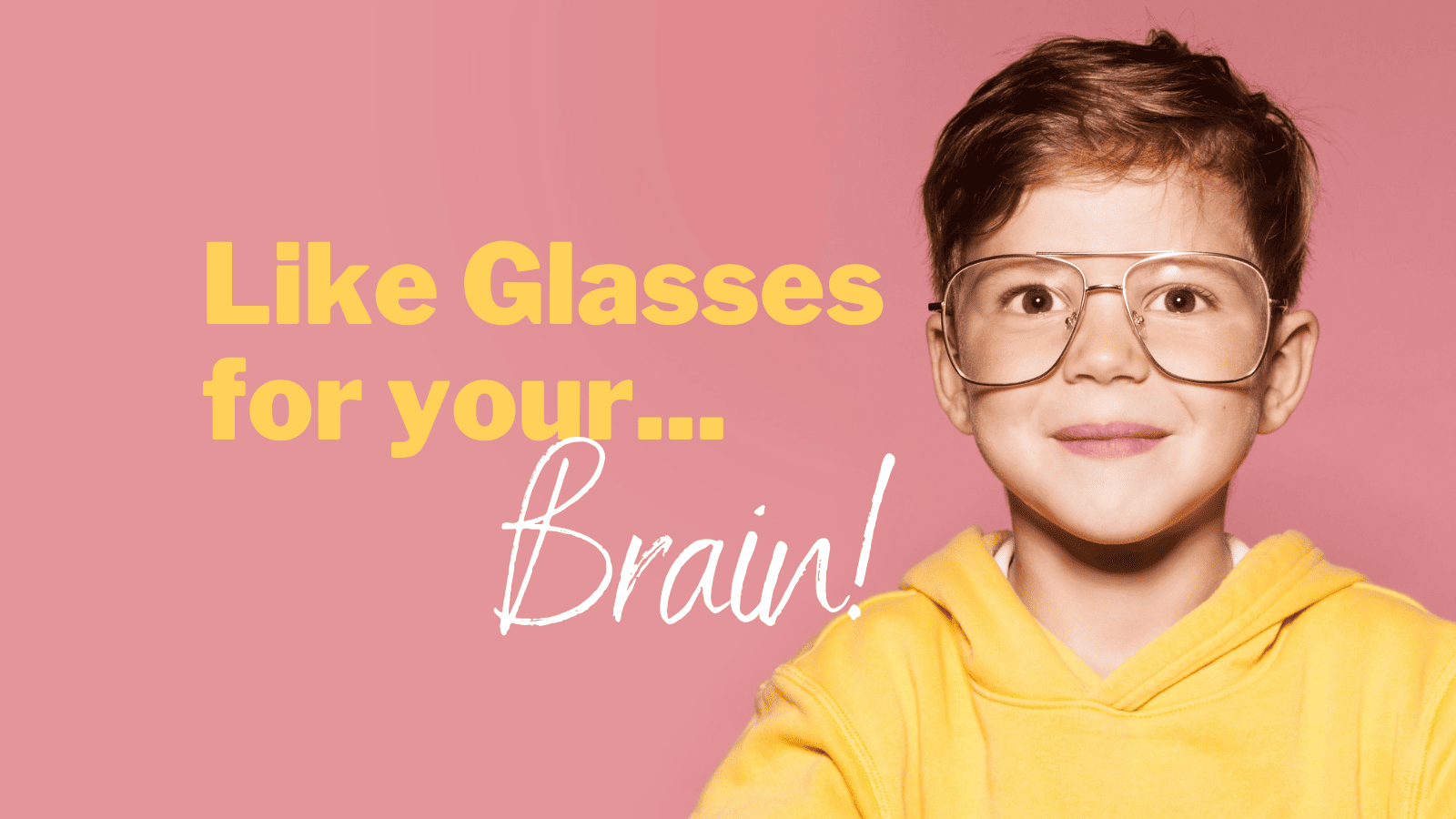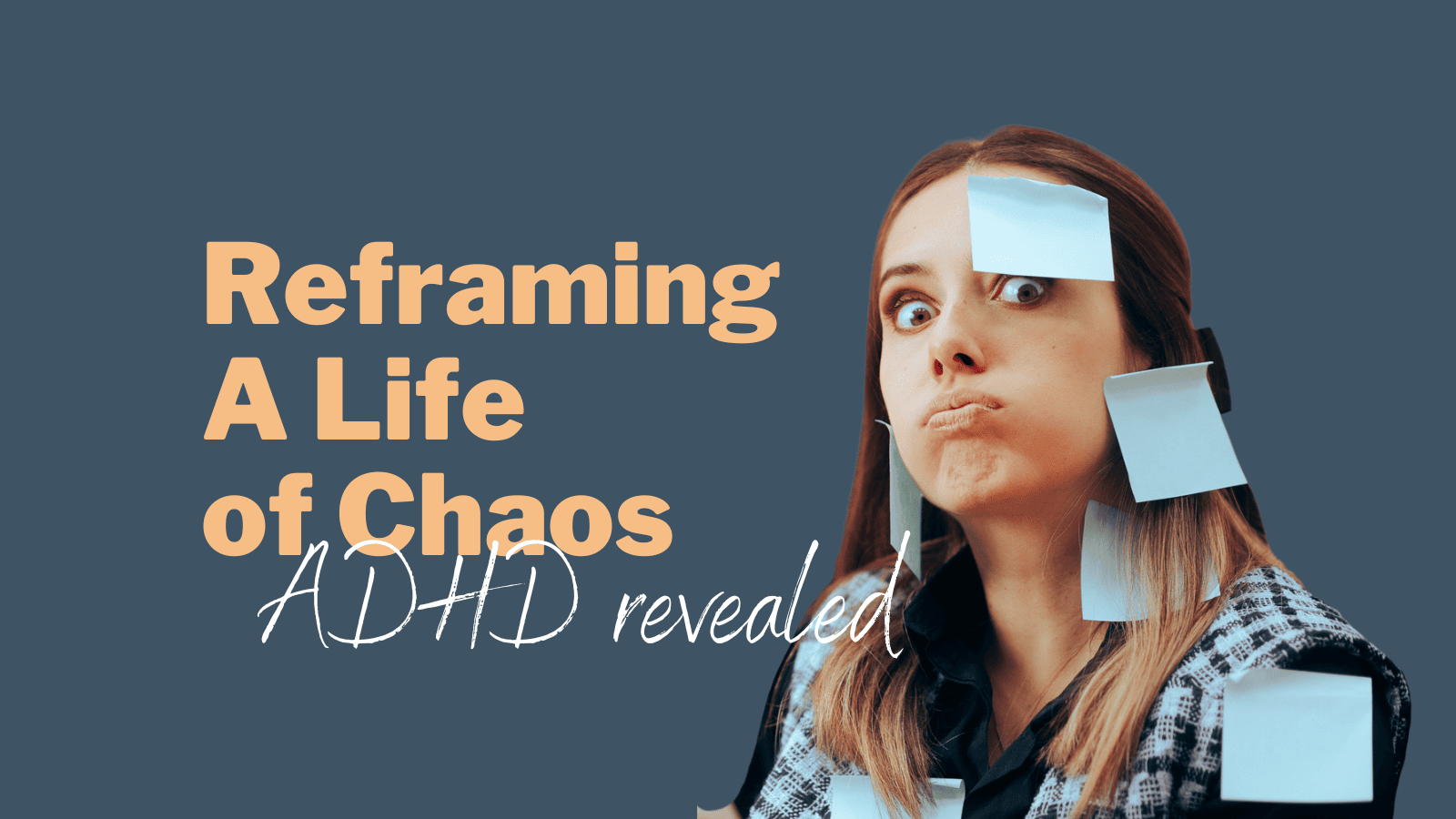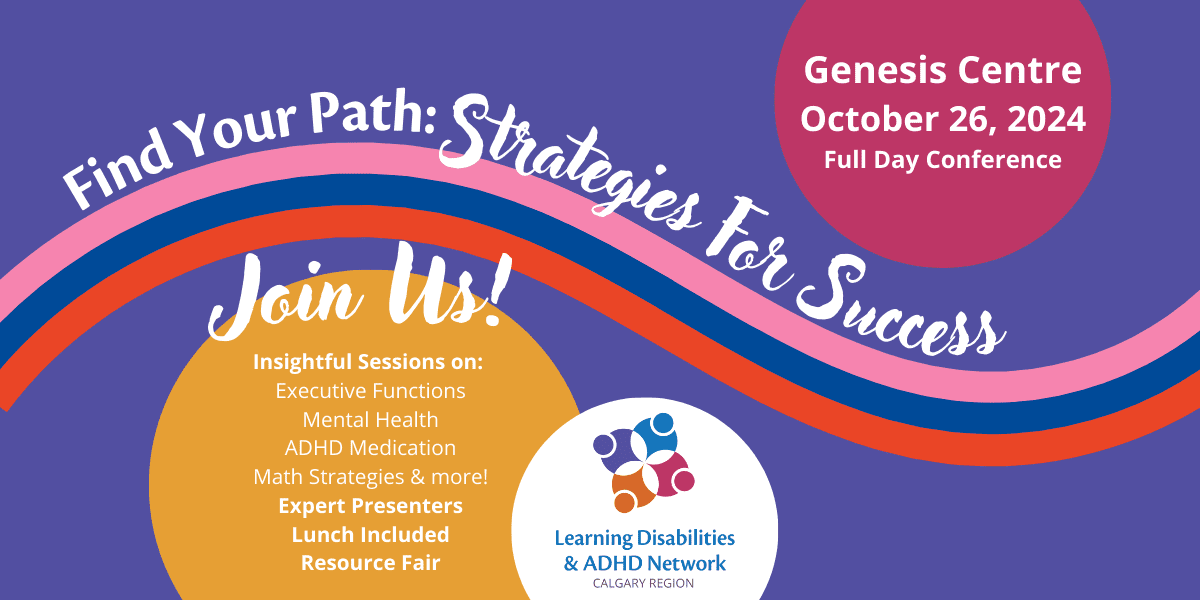My ADHD Journey Through Chaos, Diagnosis and Imposter Syndrome
I was 30 when I received my ADHD diagnosis: Combined Type, Severity: High. For most of my life, I’d been battling an unseen adversary – like an elusive cryptid – leaving me perpetually exhausted, scattered, and questioning my worth. Receiving the diagnosis was both a relief and an awakening. It validated my struggles while forcing me to confront not only the challenges but also the deeply rooted imposter syndrome that had quietly shaped much of my identity.
My diagnosis also brought into focus a more painful reality: how ADHD fueled impulsivity, poor decision-making, and unhealthy relationship patterns. Perhaps most difficult to acknowledge was how being the eldest daughter – the default “third parent” to my younger sister – trapped me in a caregiving cycle I was never equipped to manage, especially with a mind constantly whirling in overdrive.
The Toll of “Trying Harder”
Growing up in a lower-income household, mental health conversations were virtually nonexistent. We valued hard work, survival, and resilience. My parents, stretched thin by work and bills, were focused on keeping the heat on rather than on introspection. We didn’t have labels like ADHD; instead, there was “just try harder” or “just pay more attention.” As the eldest daughter, I became a second caregiver by necessity, readily stepping into a role long before I understood its weight.
From an early age, I took care of my sister: cooking meals, helping with homework, and often shielding her from household tensions. At the time, caregiving felt natural, but in retrospect, it set a precedent that followed me into adulthood. Managing these responsibilities with undiagnosed ADHD drained me. I was disorganized, forgetful, and constantly overwhelmed. Every misplaced item or forgotten task reinforced a belief that I was fundamentally unreliable—not just as a sibling or daughter, but as a person. Still, I pushed through blinking back tears of frustration and self-loathing because failure wasn’t an option. My family depended on me to keep things going.
This responsibility became central to my identity. I coped by overcompensating through people-pleasing, masking my struggles, and pretending I had it all together. On the inside I felt like I was held together precariously with strips of duct tape, cartoonishly slapping them onto leaks only for another to burst through the walls.
Same at School
In school, I was the quintessential underachiever. I lived in a constant state of overload, frequently losing homework, missing first periods but managing to panic-write A+ essays the night before they were due. My clothes were always wrinkled from their strategic floor piles, my hair constantly one day past its best-before date. My shifts at my after-school job always started five minutes late for reasons I still can’t account for. No one – not even me – saw anything past laziness.
College magnified my imposter syndrome. As the first in my family to pursue and complete post-secondary education (not to mention only half of us had finished high school), I felt the crushing weight of expectation. I juggled a full-time job, a viciously abusive relationship, demanding classes, and the gnawing fear that I was only moments away from being exposed as a fraud. Every assignment submitted late felt like the one that would expose my acceptance as a mistake.
I compensated with an arsenal of alarms, sticky notes in odd places, and sheer willpower. So much so that I have not one but two anxiety disorders that I box breathe through regularly (a little-known side-effect of untreated ADHD). Through clenched jaws and gritted teeth, I was convinced that everyone else was better than me. They were smarter, more capable. Things just seemed…easier for them. It was as if we all had the same recipe, but my copy was missing a vital ingredient.
Who Could Ever Love Me?
Impulsivity shaped my adult life, especially in relationships. My emotions felt intense and consuming. I often fell hard and fast, craving connection and validation. Without school to provide structure, I threw myself into work, desperate to prove my worth while seeming “normal.”
Looking back, it’s clear how ADHD left me vulnerable to toxic relationships. My rejection sensitivity led me to tolerate mistreatment out of fear of being seen as inherently flawed. Familiar dynamics of emotional chaos mirrored my upbringing and felt strangely comforting, even when they crossed into abuse.
Partners who belittled me or weaponized my disorganization confirmed my deepest insecurities: that I was broken, unlovable, or, as one cruelly put it, “a Kmart Blue Light Special.” I convinced myself that working harder could make me worthy of love. Leaving toxic situations felt like personal failure, reinforcing the belief that I couldn’t manage even the simplest human experience.
A New Direction
My turning point came when a close friend shared her ADHD diagnosis. Her experiences – endless to-do lists, forgotten appointments, impulsive decisions – felt hauntingly familiar. Still, seeking help felt selfish and dramatic. I was supposed to be the responsible one.
By 29, burnout consumed me after years in a high-pressure career. Convinced my searing shame stemmed from laziness or lack of discipline, I finally sought help. The therapist patiently listened as I recounted a lifetime of chaos, perfectionism, and caregiving. Her eyebrows barely raised when I confessed that, after an intense 24-hour research spree, I impulsively dropped $250 on everything needed to own a guinea pig – only to discover, upon holding one for the first time, that I do not like guinea pigs. When she confirmed the diagnosis (suspiciously not long after the guinea pig story), I cried with relief.
Revelation
The diagnosis reframed my entire life. I wasn’t lazy or defective – my brain simply worked differently. Yet, the relief was tempered by grief: for lost opportunities, for years spent drowning under impossible expectations, and for potential I never believed I had.
With support, I began untangling these narratives. I learned that being supportive doesn’t mean sacrificing my well-being. I no longer equate rest with failure, and I push back against imposter syndrome, recognizing it as a voice from my past – not my present – though it still whispers that my ADHD diagnosis is an excuse. Therapy helped me recognize that voice for what it is: a lifetime of feeling inadequate despite managing far more than most people could handle.
Better Today
Today, I’m still learning. Imposter syndrome persists but has quieted. I rely on supportive tools like reminders, medication, and unconventional laundry organization systems. While things still slip through the cracks, I’ve accepted that this doesn’t diminish my worth.
Being diagnosed with ADHD didn’t fix me – but it allowed me to rewrite my story with compassion. I’m no longer defined by perfectionism or shame. Instead, I see myself with the kindness I once reserved only for others. After all, being human isn’t about never falling – it’s about learning to get back up.
About the Author: C Motz is a Calgarian sharing her personal journey of ADHD in support of others like her.








